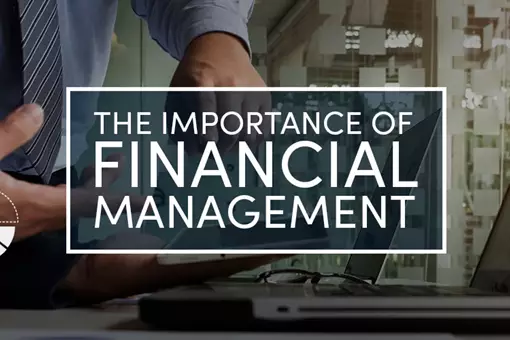ECB President Mario Draghi offers banks $1 trillion
- 14th July 2014
- Accountancy & Finance

The president of the European Central Bank (ECB) Mario Draghi is offering banks up to $1 trillion (approximately £557 billion) of cheap funding, in the latest effort to boost growth in the eurozone.
Mr Draghi, who was previously the governor of the Bank of Italy, is hoping this stimulus measure will act as a spark for boosting credit and investor activity, as well as ensure the financial system is “flush with cash”, Bloomberg reported.
According to the Bloomberg Monthly Survey, under Mr Draghi’s tutelage, the ECB has come to recognise that affordable lending to companies – and indeed individuals – is holding back recovery.
“The take-up should be large: the money is cheap and banks should feel no stigma about accepting a free lunch,” Alan McQuaid, chief economist at Merrion Capital in Dublin, was quoted by the online news provider as saying.
He speculates that banks will not feel unnerved in taking the maximum allocation available to them, adding: “With any luck, Draghi’s next problem will not come until 2018, when one trillion euros needs refinancing.”
Kristian Toedtmann, a senior economist at Dekabank in Frankfurt, told Bloomberg that this new programme has two sides to it.
On the one hand, it delivers a strong incentive for lending to be expanded – particularly for banks that have larger funding costs – yet on the other hand operates within a restrictive environment – there are, for example, macroeconomic risks.
However, he concluded by saying that on the whole, the stimulus tool should have a positive impact on the eurozone.
Mr Draghi, who has been in his current role since 2011, has also called for Brussels to be granted additional powers to help it enforce various policies and impose requirements that ensure that member states to deliver on their reform promises.
“There is a strong case for us to apply the same principles to the governance of structural reforms as we do to fiscal governance,” he said recently.
The idea is, in part, inspired by the outcome of the financial crisis of 2008, which saw the European Commission granted new powers to help the continent battle through the recession and end volatility.
For example, it was able to establish fiscal rules that limited ensure that deficits remained under three per cent of economic output.
“With the benefit of hindsight, it would have been useful to establish, alongside existing convergence criteria, a set of structural criteria that had to be met to enter the euro area and then respected once inside,” Mr Draghi, was quoted by the Financial Times as saying.
Last month, the Guardian’s economics editor Larry Elliot commented that the president’ recent slashing of interest rates is a “historic step of making commercial banks pay for lodging money at the ECB”.
He believes that it will have an impact, but only a marginal one – interest rates were, after all, “close to rock bottom” and it is “more a symbolic gesture than anything else”.
“Mr Draghi believes the offer of low interest rates over a four-year period will unlock bank lending,” Mr Elliot wrote in June.
“This looks questionable, which is why the ECB president was keen to point out that Frankfurt is stepping up its preparations for a full-scale quantitative easing programme. Powder is being kept dry just in case the eurozone edges closer to deflation over the coming months.”
Other News
The Importance of Financial Management
Financial management is one of the most important aspects in business. In order to start up or even run a…
ACCA and CIPM of Nigeria sign a collaborative agreement
According to a recent article by The Guardian earlier this month, the Association of Chartered Certified Accountants (ACCA) and the…
AAT achieve KHDA recognition
We are excited to announce that AAT has been officially recognised as an International Certification Organisation by the Knowledge and…


